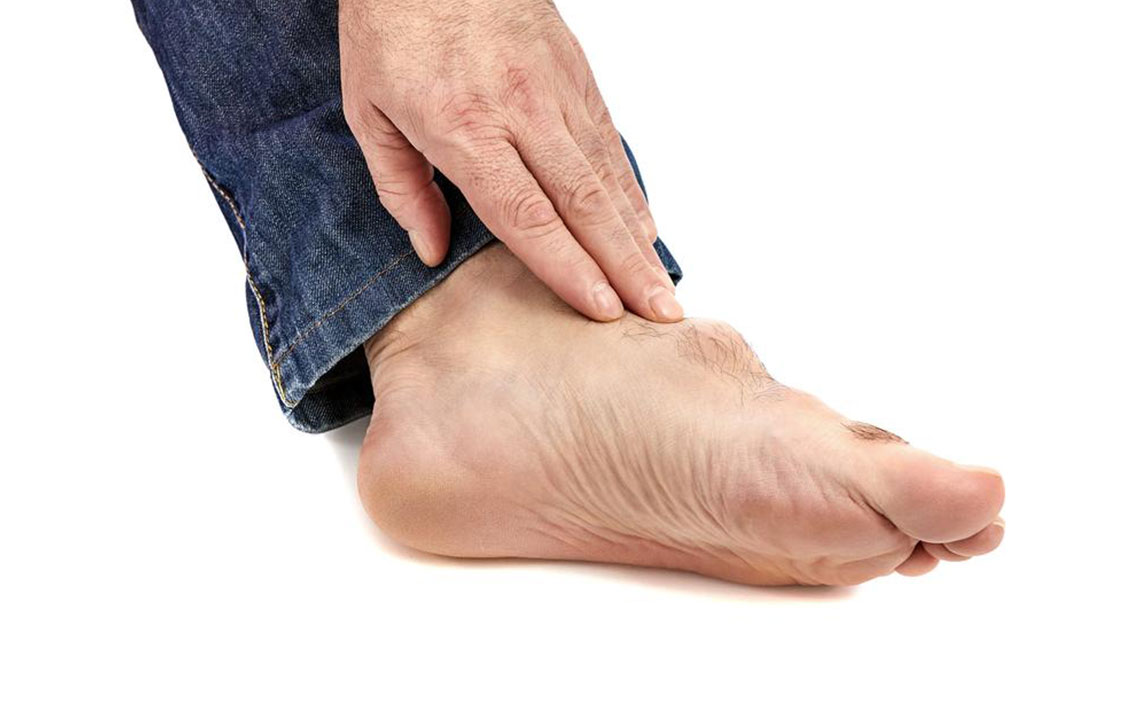Top 6 Medical Conditions Linked to Gout Development
This article explores six key health conditions that can trigger gout, a painful form of arthritis affecting joints across all ages. Factors like genetics, age, injury, medications, and certain health issues influence gout development. Understanding these risk factors helps in prevention and management of the condition.
Sponsored

Experiencing illness can temporarily hinder daily activities, but chronic and painful conditions are particularly troublesome. Gout, a form of arthritis increasingly common in the U.S., can affect individuals of any age and primarily targets joints. It manifests as sudden, intense episodes of swelling, pain, and tenderness, often hitting the joint at the base of the big toe.
Gout impacts mobility and causes severe pain during attack episodes, which strike unexpectedly.
Though pain may ease over time, discomfort can persist. Gout results from uric acid crystal buildup in joints, leading to inflammation and pain. Several factors increase vulnerability to gout, including:
Genetic predisposition
If gout runs in your family, your chances of developing it are higher.
Age and gender
Men typically produce more uric acid than women, making them more susceptible. Women's uric acid levels rise post-menopause, leveling the risk.
Joint injuries
Damaged joints are more prone to uric acid accumulation, triggering gout attacks that can last for weeks.
Medications
Some drugs, especially diuretics and salicylates, can elevate uric acid levels when used long-term, prompting gout episodes.
Surgical procedures or trauma
Recent surgeries or injury, even minor foot trauma, can cause inflammation and precipitate gout attacks.
Underlying health issues
Conditions like high blood pressure, kidney disorders, diabetes, and hypothyroidism can increase uric acid and lead to gout.






